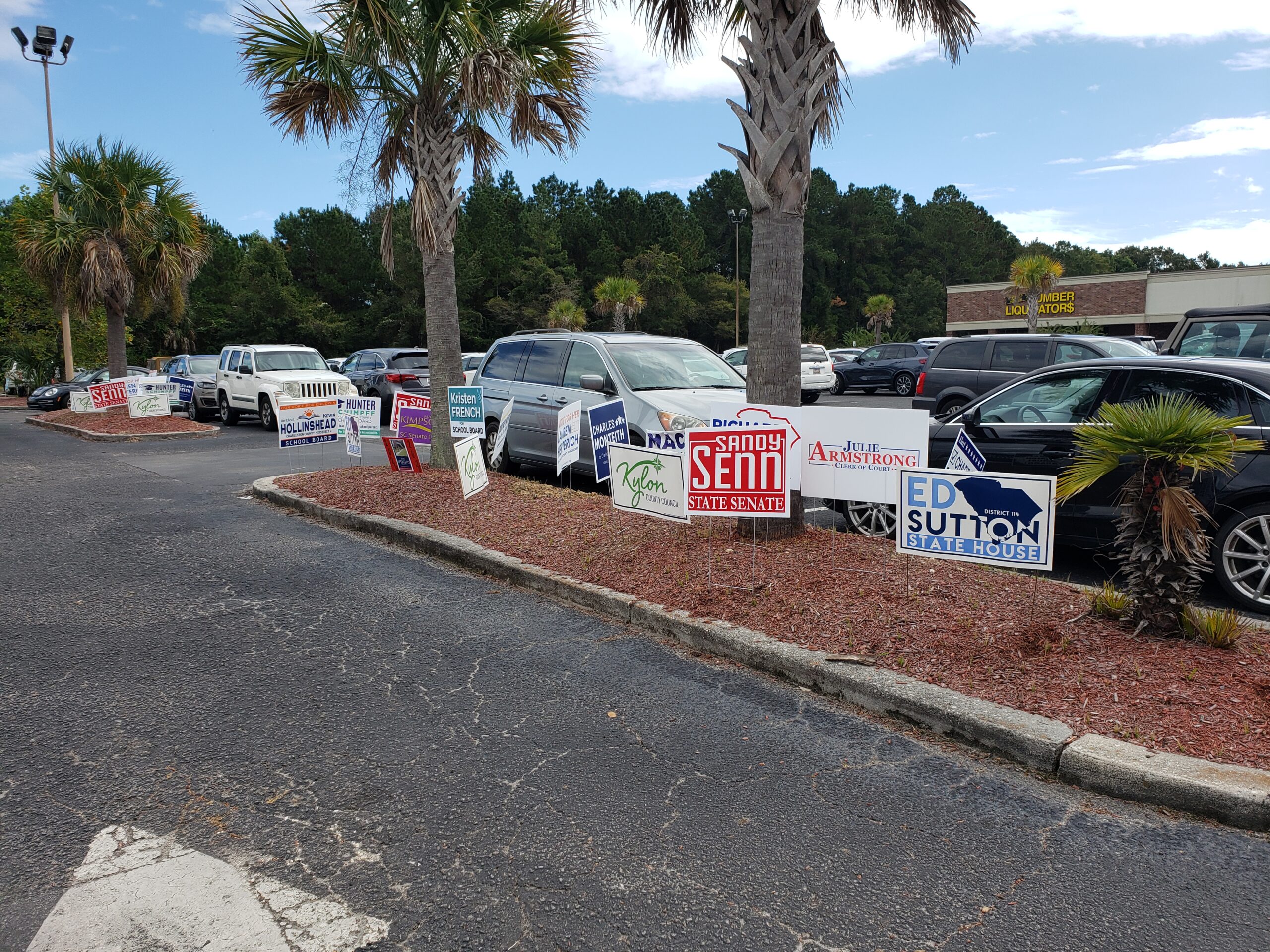Candace Owens is a conservative author and political commentator who recently made the claim that the Democratic Party has been pandering to Black voters. Owens initially made the accusation in September on Ben Shapiro’s “Sunday Special,” saying that Joe Biden’s interview with rapper Cardi B was pandering to Black Americans.
Owens’ claim — despite being hypocritical, as Owens often appears on Fox News overtly pandering to a base that is Christian, conservative and white — is not completely unfounded as it brings up an important issue in politics: pandering.
According to Pew Research polls, in 2016, 91 percent of Black voters supported Hillary Clinton, while 54 percent of white voters supported Trump. Pandering to their respective voting demographics is not something uncommon or even revolutionary for the Democratic or Republican parties in America.
Often pandering is seen in many different forms, from small scale celebrity endorsements like Willie Robertson of “Duck Dynasty” fame speaking at many Trump rallies, to long–lasting political strategies that have shaped our modern landscape and, in turn, have had devastating effects — the most infamous example being the Republican Party’s “Southern strategy.”
The “Southern strategy” was a successful attempt by the Republican Party to play on white southerners’ racial fears in the wake of the Civil Rights movement, in hopes of flipping a historically Democrat South into a new Republican stronghold. The strategy would enable both the rise of Richard Nixon with his “benign neglect” of civil rights enforcement and Ronald Reagan with his “war on drugs.”
Many Nixon, Reagan and Clinton era ideologies and sentiments have continued to this day through the use of “dog-whistle,” or coded phrasing, terms that allow politicians to pander to their bases without saying the underlying meaning of the term, allowing for deniability. Terms such as “law and order,” “states’ rights” and “super predator” are covertly racist terms that have been used by a myriad of politicians from both parties over the years.
In 1981, Lee Atwater, a former RNC chairman and advisor to Reagan, explained the Republican Party’s use of dog-whistling. Atwater said that politicians could no longer use blatantly racist terminology, “so you say stuff like, ‘forced busing,’ ‘states’ rights,’ and all that stuff, and you’re getting so abstract. Now, you’re talking about cutting taxes, and all these things you’re talking about are totally economic things and a byproduct of them is, blacks get hurt worse than whites …”
In recent years dog-whistle pandering has continued to morph, and during the Trump administration has become far less subtle. Trump has moved past the veiled racism of past dog-whistlers to instead scream the underlying messages, calling Mexicans “rapists” and “drug dealers,” and white supremacists “very fine people.”
Because of this, we have now reached a time where Trump’s rhetoric has turned dog-whistling upside down as his supporters see him as a person who “tells it like it is” and take his words literally.
Trump’s new form of dog-whistle pandering has instead created something more terrifying — a group of people who, by taking him at his word, are missing the historically underlying messages in favor of endorsing the racism at the forefront.
This sort of pandering is far more worrisome and harmful to society than Biden doing an interview with a rapper to try to gain support from younger voters.
Photo by Marisa Fields-Williams





With all due respect, I would like to point out that the “very fine people” comment has been thoroughly debunked. If you actually look at the full transcript of what Trump said he clarified that his “very fine people” comment was in reference to the people who were there to peacefully protest the taking down of the Robert E. Lee statue. He even claimed in the same breath that he believed white supremacist should be condemned totally. In relation to the rest of the quotes. I find it odd that you seem to only pull snippets of things he said. There is a greater context to every comment that is made, and I believe you pulling half quotes to try to prove someone is a “racist” is irresponsible. Trump is not a white supremacist, he is a New Yorker that makes brash, and sometimes ignorant comments. You can disagree with his policies. Heck, you can think he is a terrible person. But to go around calling people “racist” and “white supremacist” is a cheap smear. But you are entitled to your opinion, of course. If you’d like to chat further to get a better idea of how the “racist” Republicans you refer to actually think, feel free to get in touch. My email is in the comment.